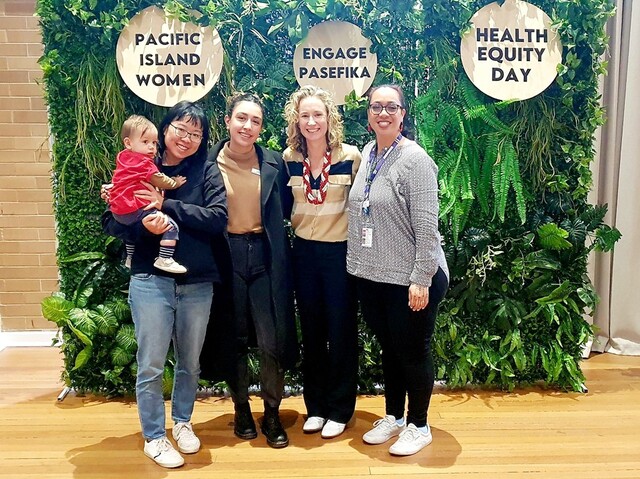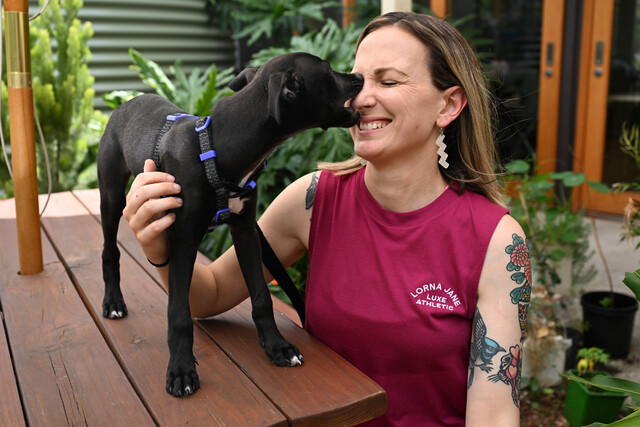Northern Health has been working with Swinburne University and Medibank to create a new Certificate III in Community Services (Health Navigation) with help of a $2.4 million Workforce Training and Innovation Fund (WTIF) grant.
In a 2022 policy brief on patient navigators, the World Health Organisation (WHO) highlighted key programs globally where peer health navigators have not only overcome barriers to care for vulnerable and disadvantaged groups, but have increased prevention and health promotion within hard-to-reach communities.
Peer health navigator roles may include providing patients and communities with information about their conditions to support self-management, providing more holistic patient-centred care, identification and resolution of barriers to health care, and linking individuals and communities into health and social services.
Studies in migrant communities have found that peer health navigators improve adherence to chronic disease care, increase cancer screening up to 24 per cent, and result in significant improvements in exercise and dietary habits.
Shared experience, culture and language are key contributors to the impact of peer health navigators on health care engagement and improved patient outcomes for migrant communities.
The WTIF grant has provided Northern Health an opportunity to position itself as a leader in a field that is fast becoming recommended practice.
The 2023-2033 Australian Cancer Plan identified health navigation as a priority area for action.
In December 2023, the final report of the Independent Review of the National Disability Insurance Scheme (NDIS) also identified the need for all people with disability to have access to a health navigator.
“Integration and cooperation within the health system and employment within health care services have been identified as one of the most important enablers for these roles. Positioning this work within a health care organisation is critical to ensuring adoption of the roles into practice,” said Dr Rebecca Jessup, Director of Research and Evaluation of the Staying Well Program and Principal Investigator on these projects.
“In line with the 2022 WHO policy brief, there is a need for an agreed level of capability and competency in the Australian context to develop appropriate training curriculums and vocational programs for these roles, in conjunction with delegation and supervision frameworks.”

















